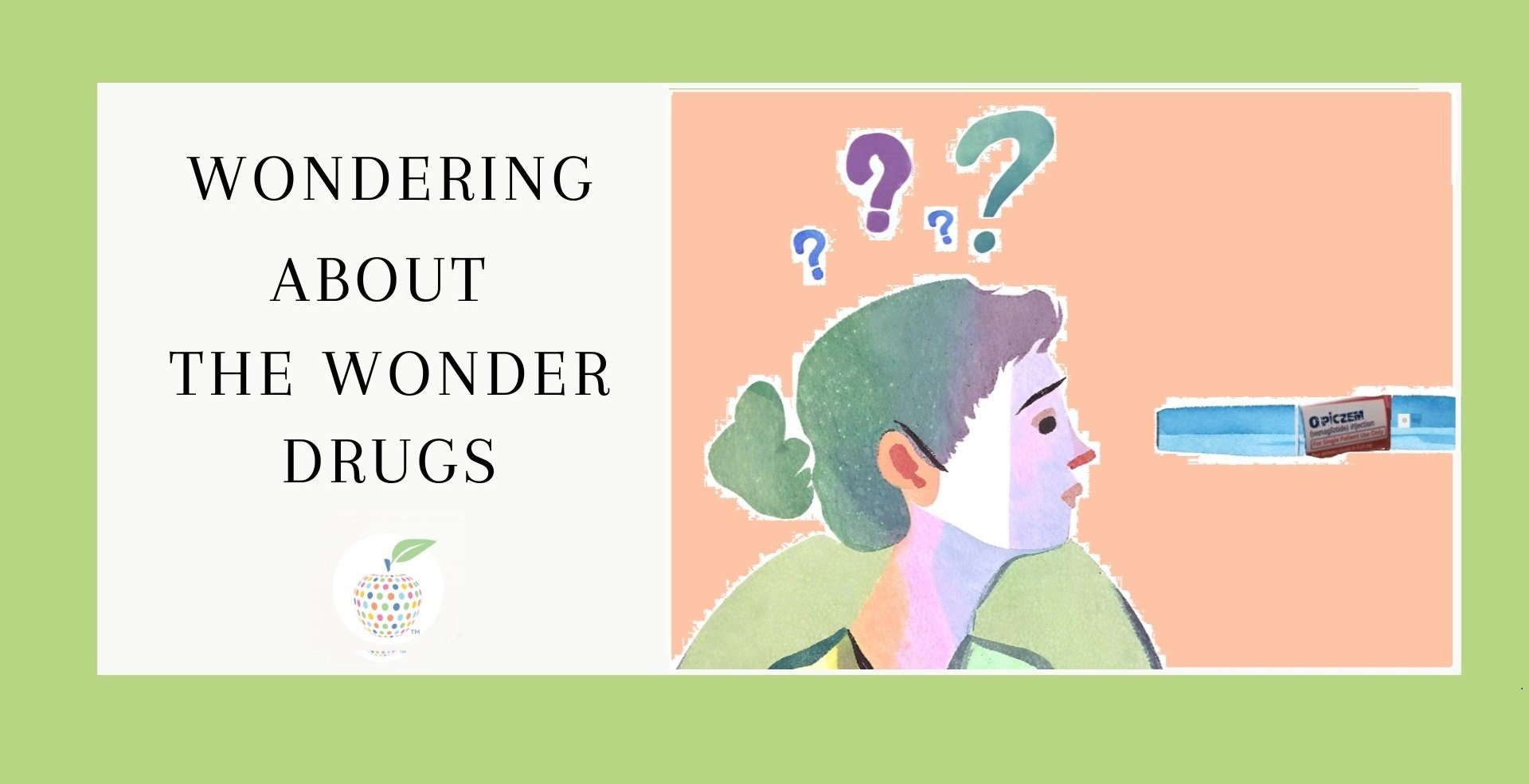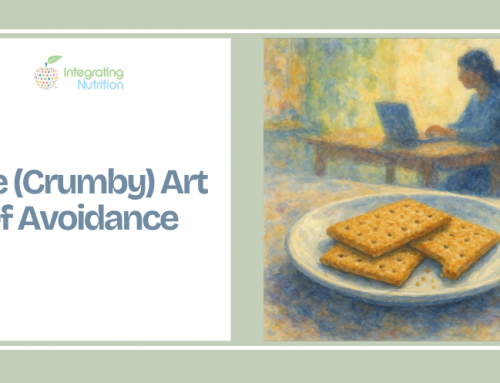One of the truly cool things about the 21st Century is how modern technology has supplied us with many lifestyle hacks that make many things easier. From AI-generated art to GPS in our cars to little round robot vacuums, we’ve got tons of handy dandy inventions to make life a breeze. So when it comes to tackling issues like overeating, it’s no surprise that modern science is right there, too, with a helping hand.
Is This Truly A Quick Fix?
It’s no secret that semaglutide medications like Ozempic and Wegovy have made a huge cultural splash. Their massive rise in popularity has produced a breathtaking amount of buzz stemming from the way they affect people wanting to lose weight. Still, before you dive in headfirst, maybe we should take a moment to explore what these wonder drugs really offer.
True, these drugs have the magic power to tweak appetite centers, dialing down hunger cues and giving the people taking them a sense of control. Yet, messing with our body’s natural hunger and fullness signals might not exactly be all rainbows and unicorns.
Recently, a client shared with excitement the fact that Ozempic helped her cut down on her cookie consumption from half a box to just five. The downside was, she went on to tell me that those five cookies were what she had for lunch that day! This experience drove home for me the fact that, while such chemical interventions can be useful in managing food intake, they don’t always address the heart of the issue—creating a mindful and holistic approach to making savvy, nourishing choices. In fact, one of the featured effects of these drugs is muting both appetite and nutrition-related intuition. While these meds might help ease food cravings, they won’t (in fact, can’t) perform miracles in transforming our relationship with food. Because the issue is the same, whether you are talking about a restrictive diet, or the “magic” pill of a semaglutide medication. You cannot diet your way to a fulfilling relationship with food. Improving eating strategies is not just about suppressing symptoms; it’s about exploring the emotional and psychological roots that shape our bond with food.
There is no Miracle Hack Completely Free of Downsides.
Of course, while medications like Ozempic certainly have their place in specific medical scenarios, in areas focusing on weight loss, there are potential downsides. In addition to having less of an intuitive sense of what foods are more beneficial, once someone stops using the drugs, it seems that they go right back to the way they were before they started. That’s why I’m passionate about promoting a holistic approach that empowers us to listen to our bodies’ needs and respond without relying solely on chemical interventions. The concepts and tools I share in my book, Why Did I Just Eat That? How to Let Go of Emotional Eating and Heal Your Relationship with Food, are inspired by the transformational guidance I’ve offered clients to address the core issues that define their relationships with food.
Your Relationship with Food is What Counts in the Long Run
In my experience, unsustainable interventions—like short-term diets or chemical applications—tend to fail to yield long-term, transformative results unless they’re paired with a fundamental change in how we view and relate to food and eating. Without this shift in perspective, any initial improvements tend to be short-lived. So when considering chemical intervention, please consider the downsides as well as the hoped-for upsides.





